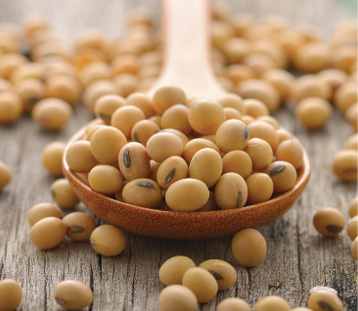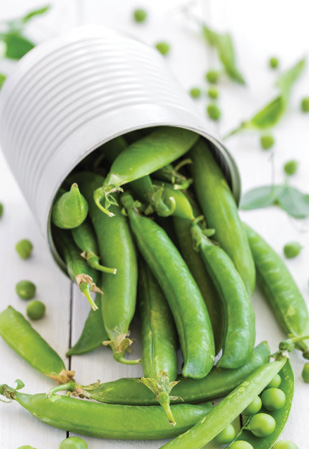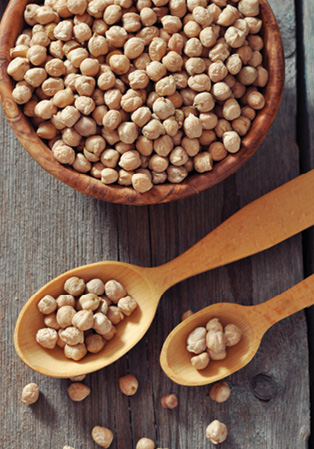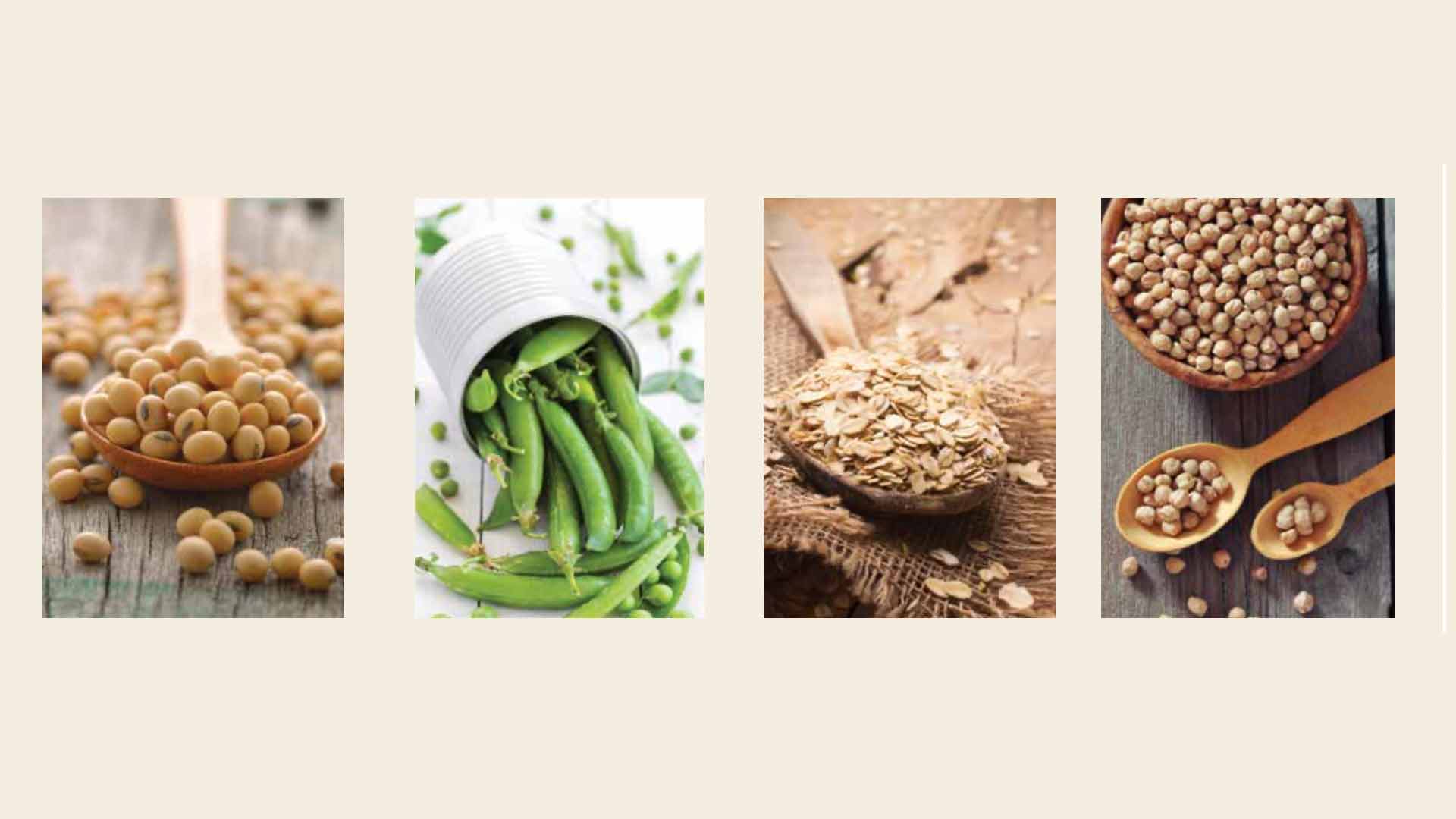–by Harold Stanislawski
 AURI is seeing much more activity in the alternative protein arena thanks to significant innovations in food products. This is a global trend recently explored by Lux Research who reported that “the demand for alternative proteins, beyond fish and meat…will grow at 14 percent annually by 2024.” Many food innovators are exploring new formulations to impact the existing protein supply chain. Total protein demand will double to 943.5 million metric tons in 2051, according the new report.
AURI is seeing much more activity in the alternative protein arena thanks to significant innovations in food products. This is a global trend recently explored by Lux Research who reported that “the demand for alternative proteins, beyond fish and meat…will grow at 14 percent annually by 2024.” Many food innovators are exploring new formulations to impact the existing protein supply chain. Total protein demand will double to 943.5 million metric tons in 2051, according the new report.
The report indicated three primary protein sources (soybeans, pea and oat) are poised to dominate the space. Additionally, lupin, chickpea, fava bean, flaxseed and hempseed are high- protein next generation opportunities.
 Lux research analysts studied the factors affecting supply and demand of protein for human consumption, and highlighted some key findings
Lux research analysts studied the factors affecting supply and demand of protein for human consumption, and highlighted some key findings
Soy will dominate the alternative protein space for the next ten years. This protein source which is so plentiful in Minnesota has seen a compound annual growth rate of 5.1 percent and has captured more than 80 percent of the alternative protein market by 2024.
Second generation proteins extracted from peas, rice, and canola are predicted to see greater market adoption in the coming decades. Third generation proteins such as algae and insect protein will also see growth.
Lux Research predicts that 100 million additional acres of protein crops will be growing worldwide by 2024. Rice and canola are projected to see the fastest growth in terms of acreage planted.
Plant protein is trending for a variety of reasons according to Canadean Consumer Innovation Insights Director, Tom Vierhile:
- Animal protein has had perception issues with antibiotics and growth hormones.
- Flexitarian diets (those that eat plant and meat proteins) are consuming higher plant protein products in their diet.
- The emerging taste preference for plant based protein sources seems to be guiding new product innovation in categories such as meat substitutes, yogurt, milk
and milk alternatives, pasta,
and snacks. - 2016 was deemed “Year of the Pulses” by the United Nations and may be spurring innovation.
 AURI and plant based innovations
AURI and plant based innovations
Minnesota food innovators are working with AURI to introduce new plant based products. One such plant based introduction is a product called the “The Amazing Chickpea” is a butter spread that can be used similar to peanut butter without peanut allergen concerns. Lolly Occhino, AURI food scientist is working with the Sunil Kumar, the product’s developer, on formulation, product sensory analysis, and nutritional labeling.
AURI is also working with the Minnesota Soybean Research & Promotion Council on a soybean product that closely mimics meat and mixable into meat products at various levels. AURI recently tested the soy analog products in its Marshall, Minnesota lab. AURI plans to make its studies and formulations known to small meat processors across the state who wish to offer flexitarian options for their customers.
